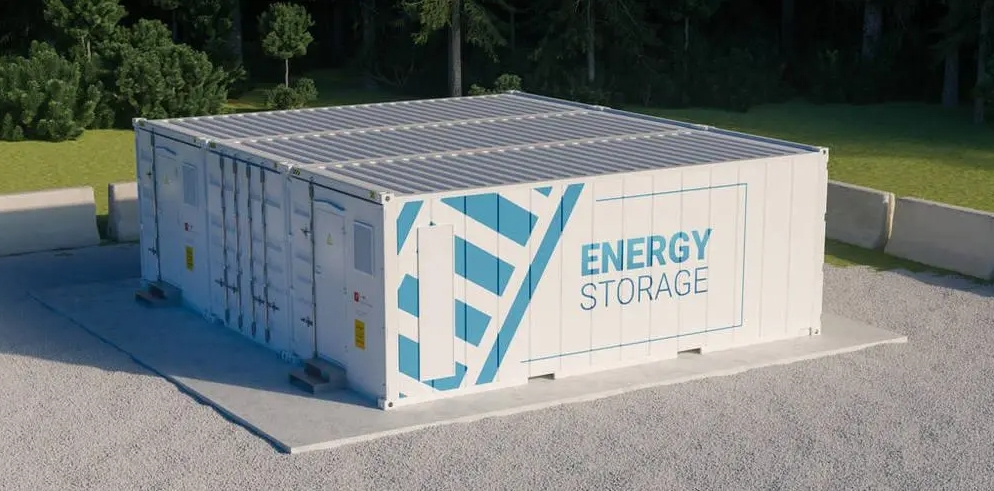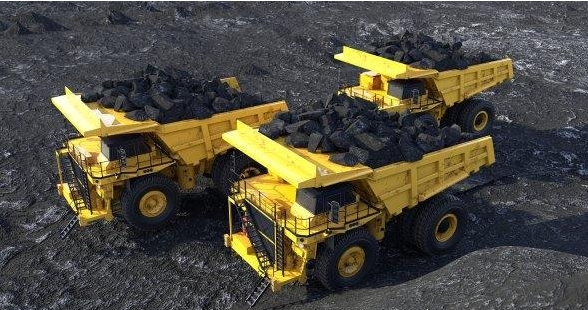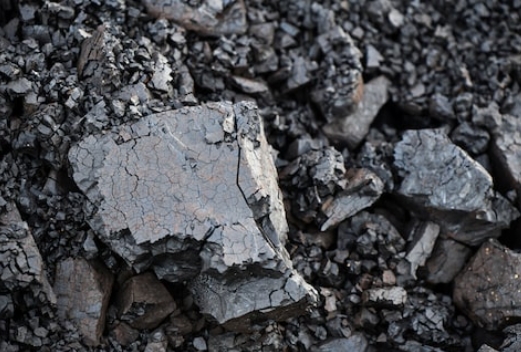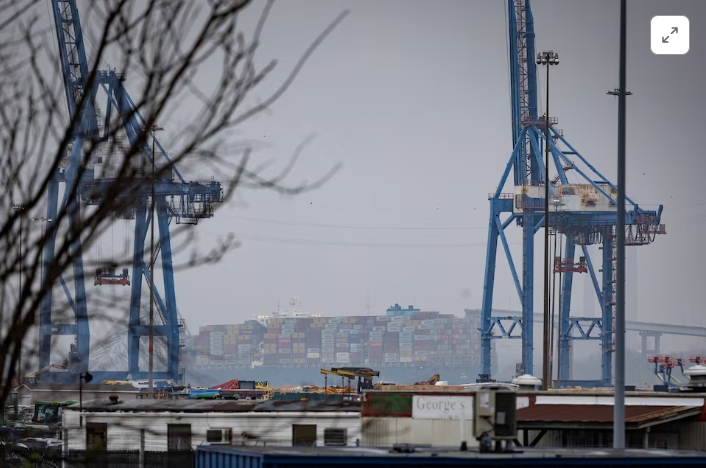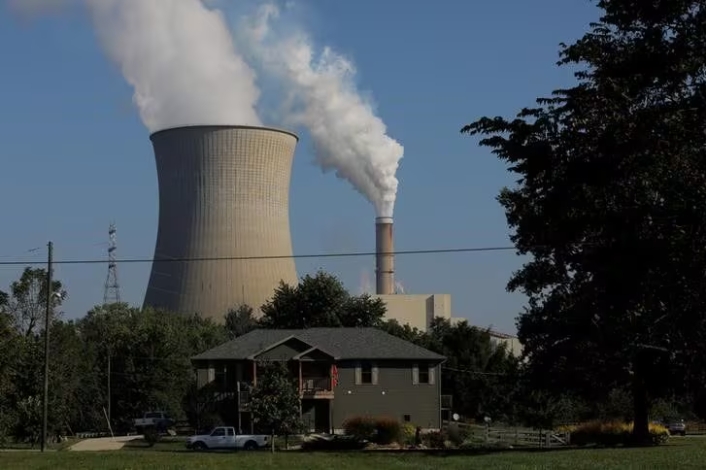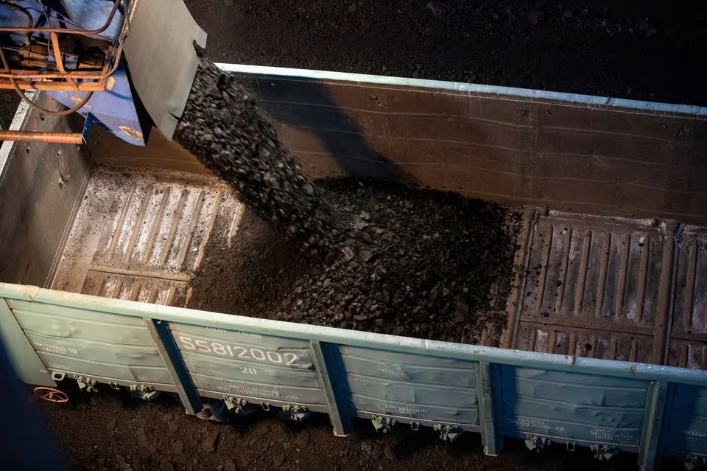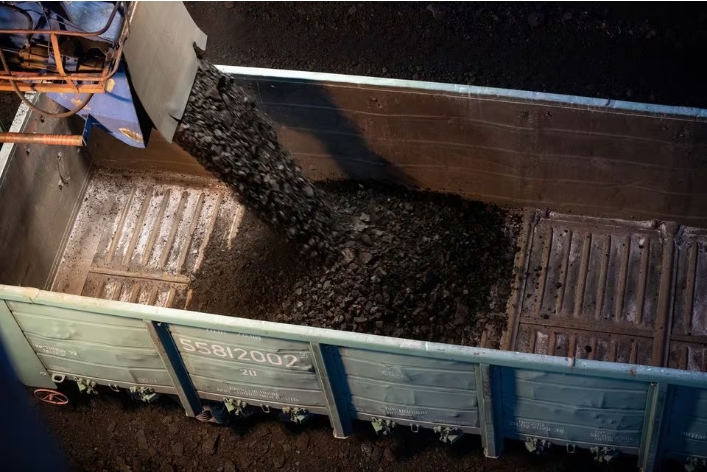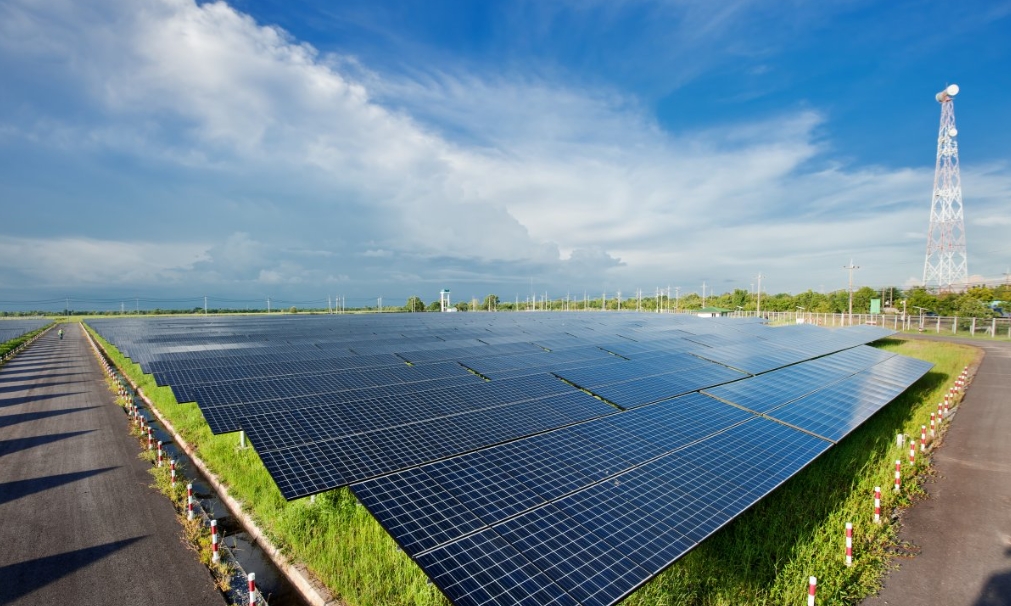Tokuyama will supply byproduct hydrogen, generated through a saltwater electrolysis process, via pipelines to Honda's stationary fuel cell battery power station to produce electricity. Power will then be delivered to Mitsubishi's data centre. The partners may also explore BESS use in the power adjustment market to help balance demand and supply.
Honda declined to disclose the volumes of byproduct hydrogen it will receive and the capacity of its fuel cell battery station. But it said fuel cell batteries will be supplied from its prototype fuel cell vehicles (FCVs), which are scheduled to start sales in 2024. Honda aims to build a fuel cell BESS in the future by reusing FCV batteries.
It is unclear when the project can be commercialised. But the demonstration, which is funded by the state-owned research institute Nedo, will start in the December 2023-March 2024 fiscal year and continue until the April 2025-March 2026 fiscal year.
The companies hope the project will contribute to Shunan's decarbonisation goal, which includes the active use of hydrogen in medical, energy and industrial sectors.
